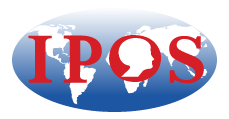.jpg)
UTC (GMT) Tuesday, 4 October 2022, 09:30 a.m. EDT
Duration: 90 minutes
Trauma-Informed Palliative Care in Times of Humanitarian Crisis: Lessons from Ukraine and Rwanda
The Palliative Care (SIG) of IPOS is organizing this webinar.
Humanitarian crises are large scale events that affect populations or societies causing a variety of difficult and distressing consequences that may include massive loss of life, disruption of livelihoods, breakdown of society, forced displacement, and other severe political, economic, social, psychological and spiritual effects (WHO, 2018). Palliative care, with its focus on reducing physical, emotional and spiritual suffering, has an important role in caring for the sick, displaced and dying during times of humanitarian crises.
For this special webinar, the IPOS’s Palliative Care Special Interest Group Education Committee invites IPOS members and non-members to attend a presentation and roundtable discussion on the role of Trauma-Informed Palliative Care during times of humanitarian crisis.
In this webinar, experts will discuss the role of palliative care within humanitarian crises and use examples from the current crisis in the Ukraine and past crises in Rwanda, to illustrate the ways in which a trauma-informed approach may benefit traumatized individuals, families, communities and palliative care providers alike.
Speakers:
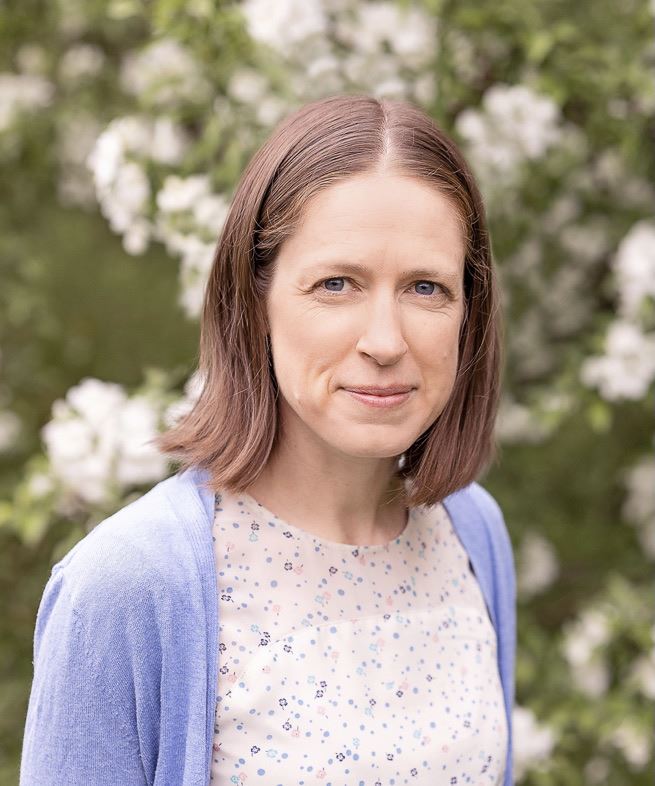
Dr. Megan Doherty a specialist in pedatric palliative care at the Children's Hospital of Eastern Ontario and Roger Neilson House (pediatric hospice) in Ottawa, Canada. Dr. Doherty has experience in the development of palliative care programs for children in humanitarian crises and other resource limited settings, while leading the Children's Palliative Care Initiative in Bangladesh and the Pediatric Palliative Care Program of Two Worlds Cancer Collaboration in Hyderabad, India, as well as in her role as a telemedicine consultant for Médecins Sans Frontières. She has worked on the development of palliative care programs for children in humanitarian crises situations, focusing on capacity building and training for health care workers and innovative models of community-based palliative care programs.
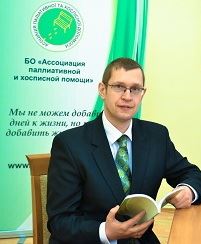
Dr. Oleksandr Wolf has been the Head of the All-Ukrainian Association of Palliative and Hospice Care since 2010. Since then, this NGO has initiated over 30 projects directed at development of systems of multidisciplinary support for those with serious diseases and their relatives in Ukraine. Dr. Wolf has a Master degree and Doctoral degree in Social Work, and he is a social worker in the Central National Children and Mother Healthcare Center in Kyiv, Ukraine. He is also a Fellow in the Palliative and Hospice Medicine Department at the National University of Health of Ukraine. His professional interests are in patients' capacity building and empowerment in the face of trauma.
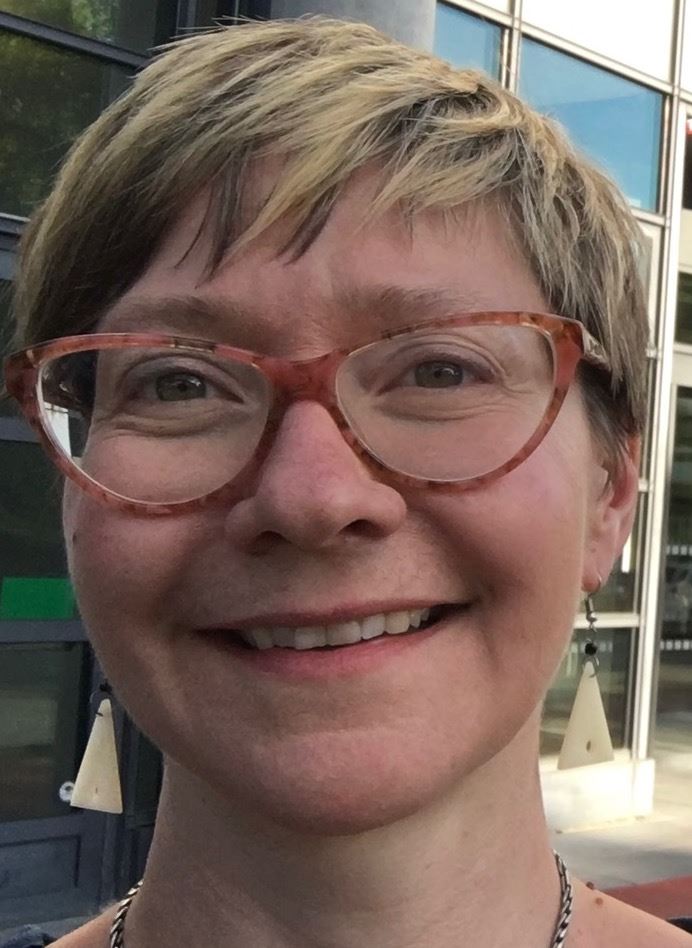
Dr. Sonya de Laat's research interests include (1) the moral and practical dimensions of humanitarian healthcare and (2) visual cultures of humanitarian aid, global health, and international development. Currently working as the academic advisor and curriculum coordinator in the Global Health graduate program at McMaster University. Canada, Dr. de Laat is an active member of the Humanitarian Health Ethics Research Group (HHE) based at McMaster and McGill universities, and the Canadian Network on Humanitarian History (CNHH), housed at Carleton University. Recent publications include "The camera and the Red Cross: 'Lamentable pictures and conflict photography bring into focus an international movement. 1855-1865 (2021) and "A case analysis or partnered research on palliative care to refugees in Jordan and Rwanda" (2021). A recent recipient of the Caroline Miles Visiting Scholarship at Oxford University, Dr. de Laat is focusing on work that builds on the "Aid when there is 'nothing left to offer project. Specifically, she looks forward to discussing snapshots (literal and figurative) of a refugee-led initiative aimed at reducing severe health-related suffering in one refugee camp in Rwanda.
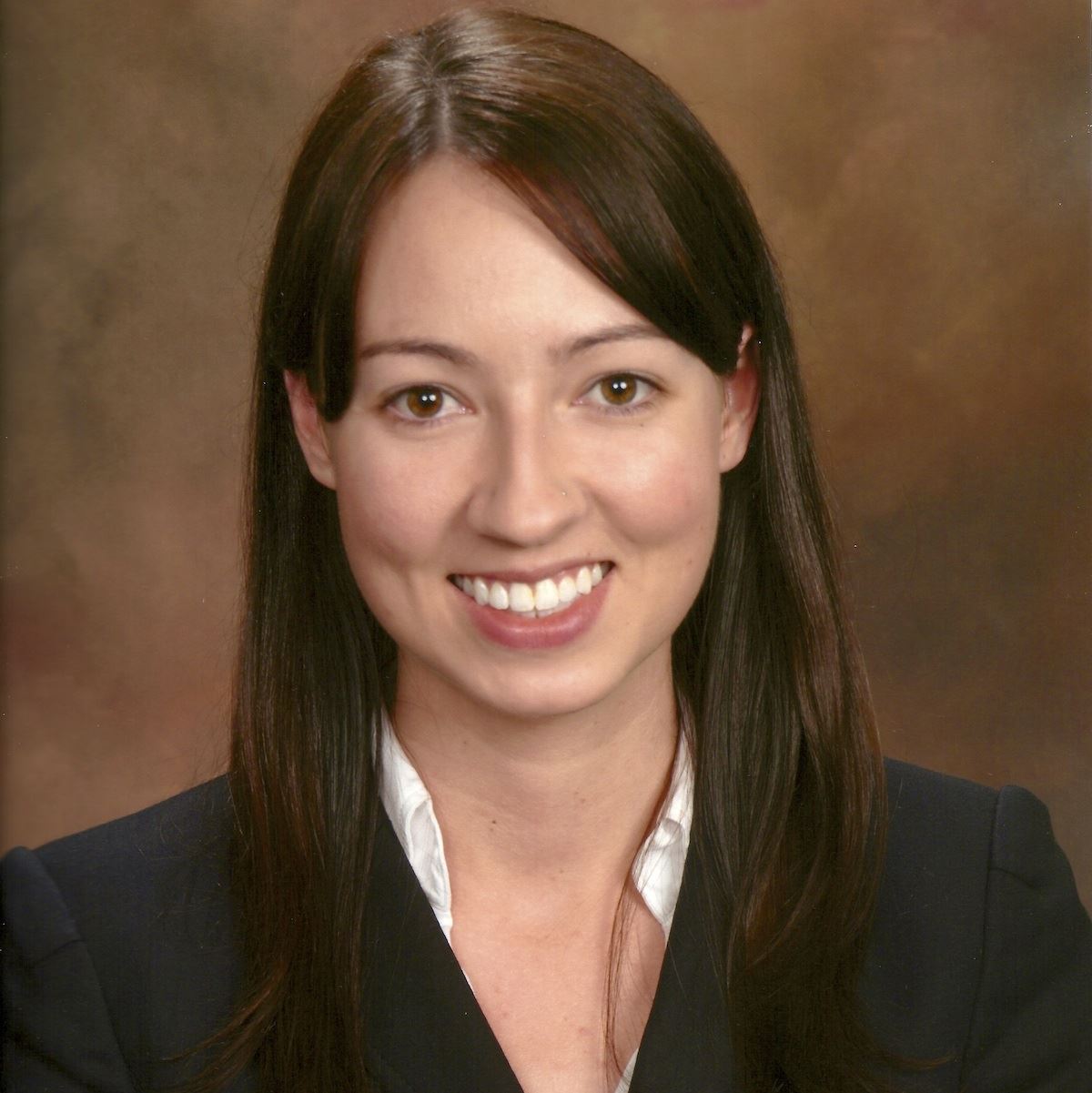
Dr. Jessi Humphreys is a palliative care physician and Co-Directs GPEC (Global Palliative Education Collaborative) at UCSF, a global palliative care fellowship shared between multiple US-based and global sites. She has worked in many areas of intersection requiring a trauma informed care approach to clinical care including in transgender health, asylum clinical advocacy work, and palliative medicine in under resourced areas. She has done clinical and educational palliative medicine work in the US-prison system, Kenya, Uganda and IHS (Indian Health Services). She has interests in education, mentorship, narrative medicine, and in provider wellbeing and resilience.
Moderators:
 Dr. Dwain Fehon is a clinical psychologist and Associate Professor of Psychiatry at the Yale School of Medicine in the US. He is the Deputy Director for Psychology Training within Yale’s Department of Psychiatry and Director of Behavioral Medicine for Yale New Haven Hospital. Clinically, Dr. Fehon is a member of the Yale Cancer Center’s palliative care team where he provides outpatient psychological services to adults with advanced stage cancers. He is the Education Committee Chair for IPOS’s Palliative Care Special Interest Group.
Dr. Dwain Fehon is a clinical psychologist and Associate Professor of Psychiatry at the Yale School of Medicine in the US. He is the Deputy Director for Psychology Training within Yale’s Department of Psychiatry and Director of Behavioral Medicine for Yale New Haven Hospital. Clinically, Dr. Fehon is a member of the Yale Cancer Center’s palliative care team where he provides outpatient psychological services to adults with advanced stage cancers. He is the Education Committee Chair for IPOS’s Palliative Care Special Interest Group.
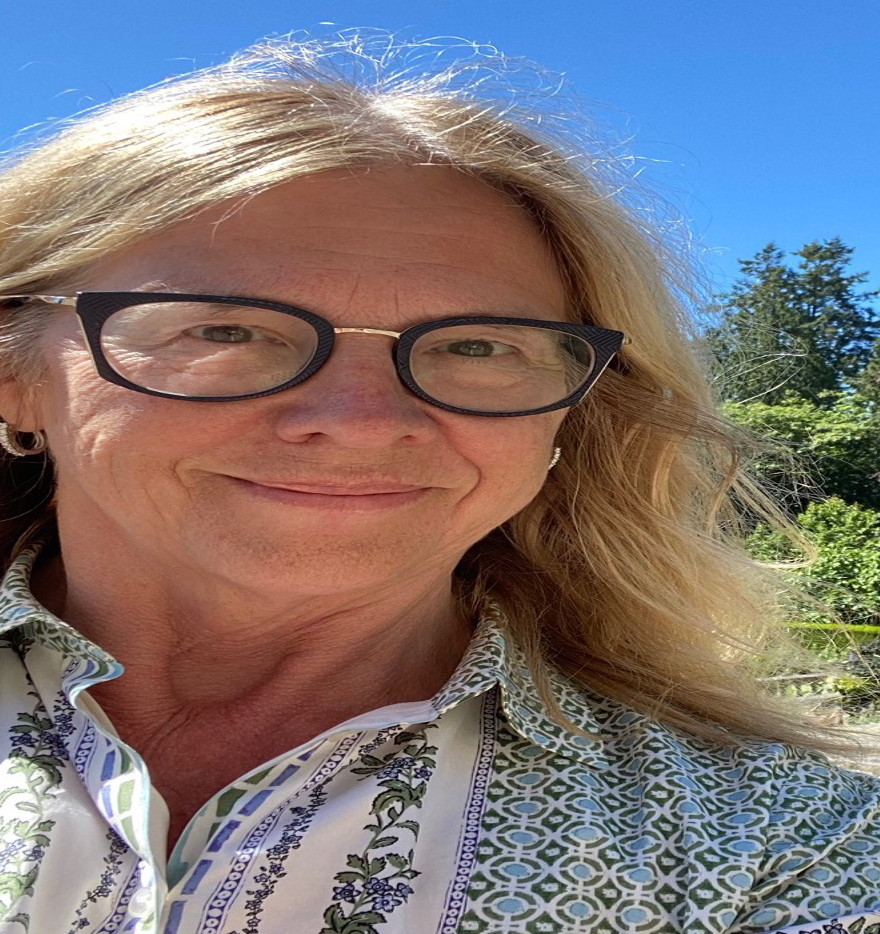
Dr. Janet de Groot is an academic psychiatrist with Tom Baker Cancer Centre Psychosocial Resources department and Cumming School of Medicine. She holds grants for a clinical intervention for persons with advanced cancer and their close others, as well as for simulations to promote decolonizing medical education in relation to Indigenous health. Her work in education has been honored with local and national awards, including the 2008 Canadian Psychiatric Associations Continuing Medical Education award and the 2014 Association of Faculties Medicine of Canada - May Cohen Award for Equity, Diversity and Gender.
Purchase:
- Free to current IPOS members
- $10 USD for non-members
SPECIAL INSTRUCTIONS:
- Access information will be provided in your registration confirmation.
- PLEASE NOTE THERE ARE NO REFUNDS.
- Please do not share the link.
- This webcast will be recorded and may be made available for purchase at a later date.
